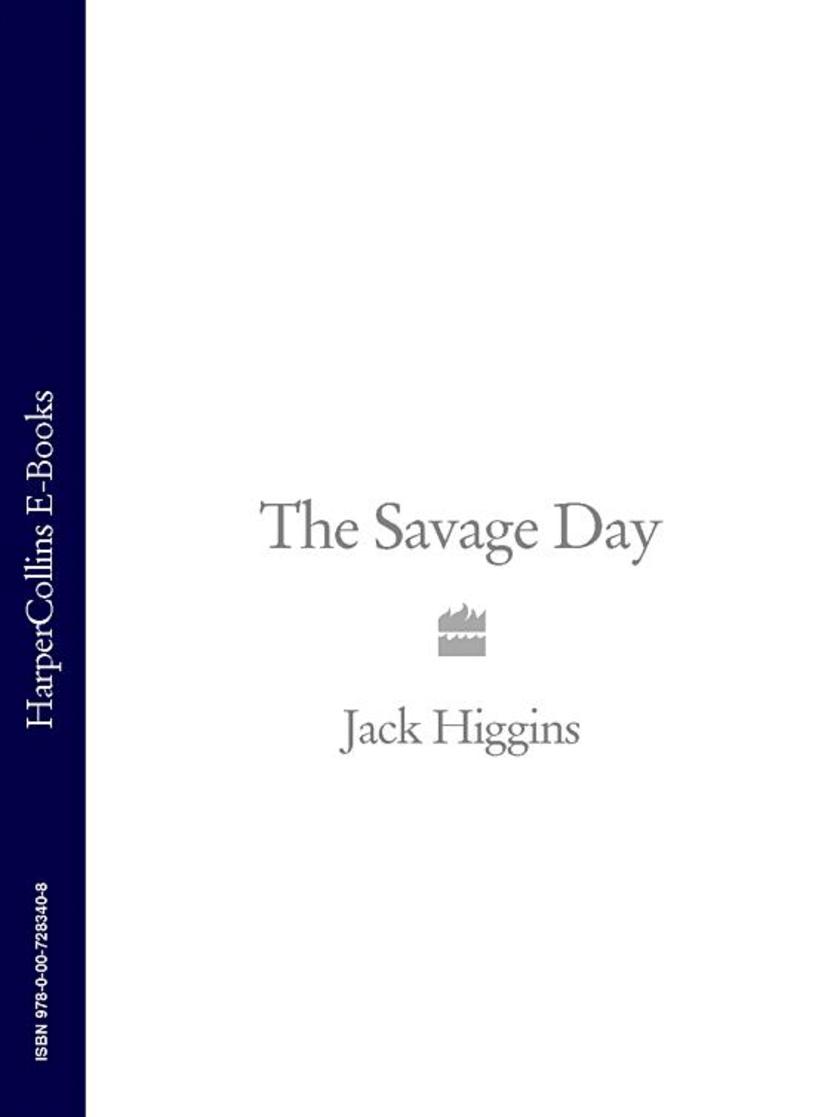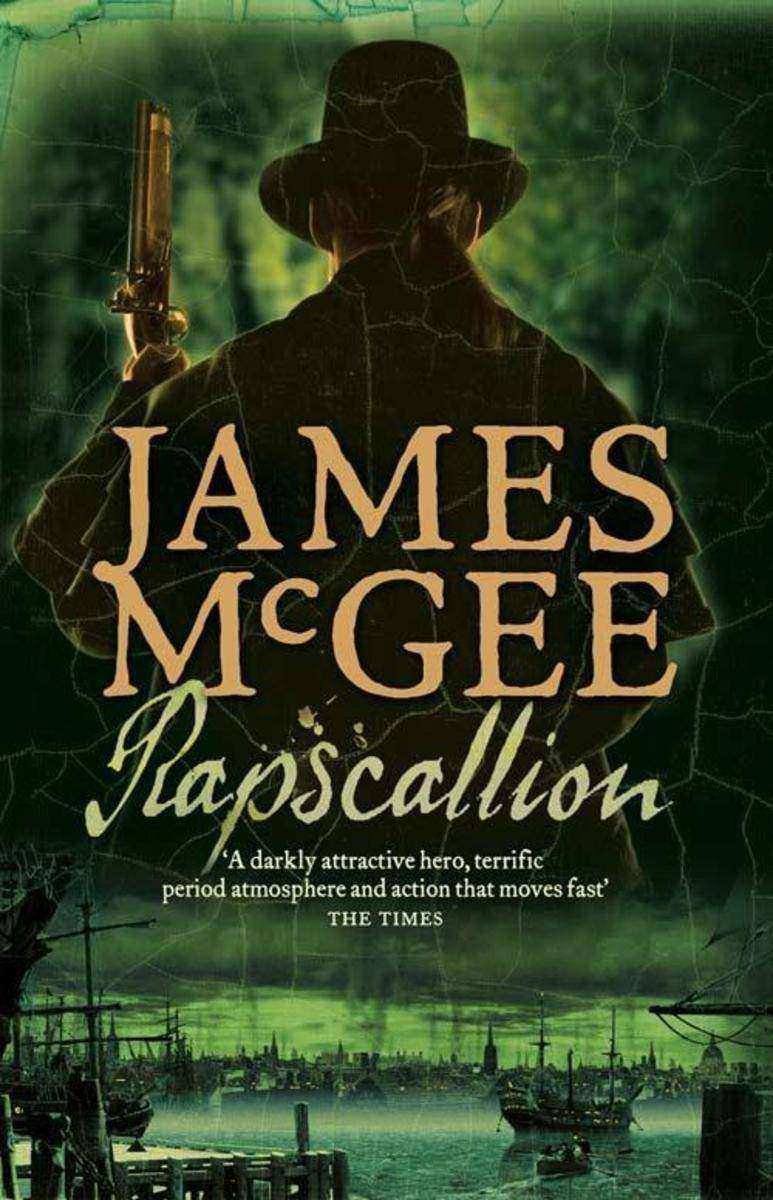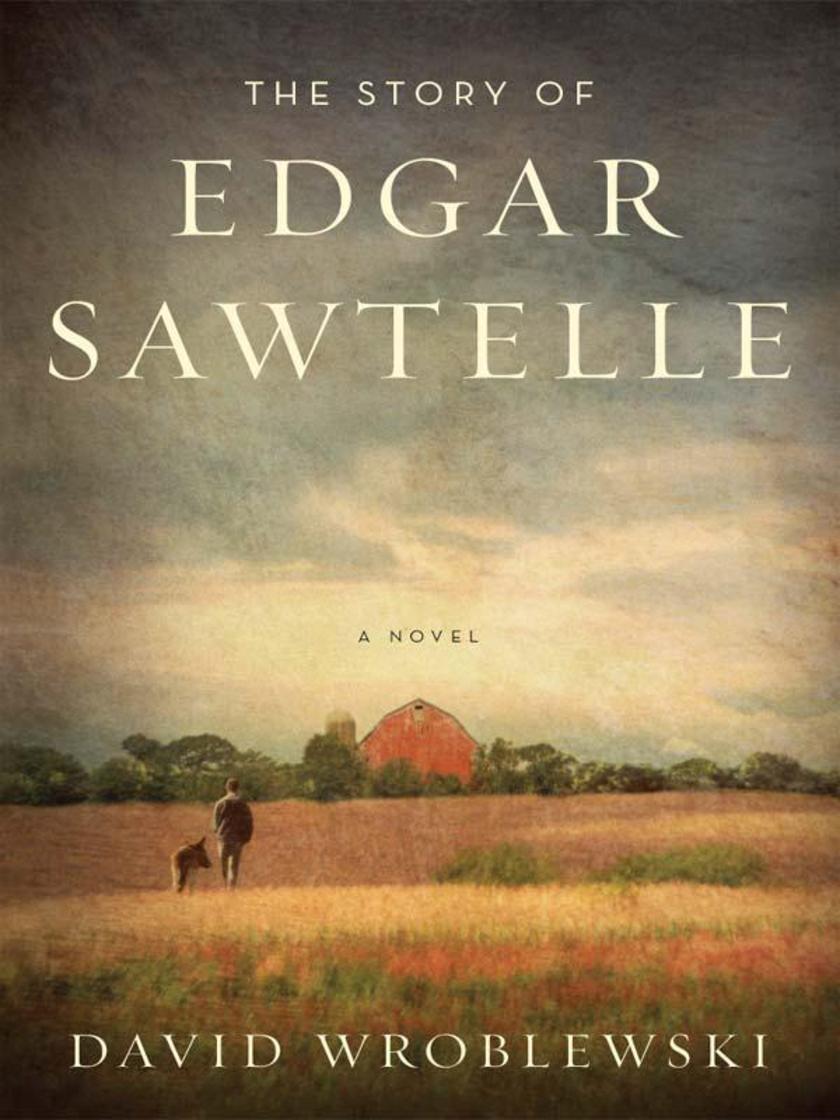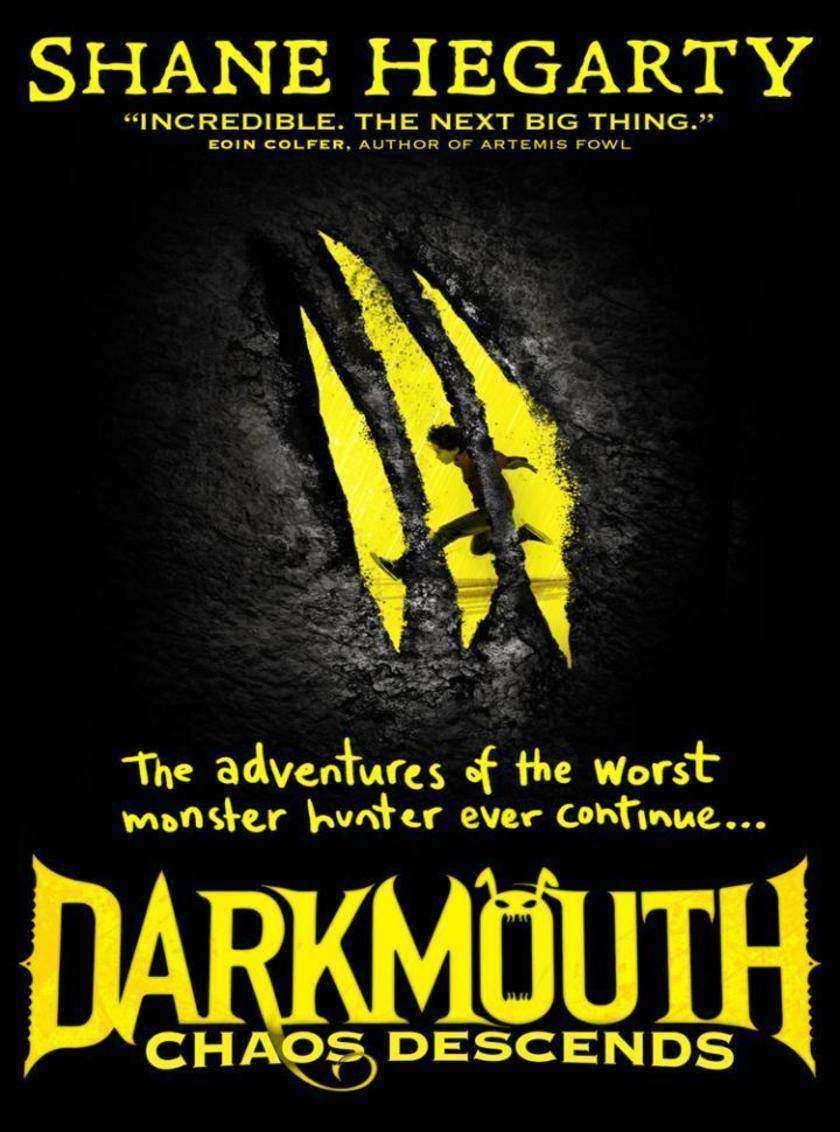
A Fair Cop
¥63.18
The true story of a young police officer’s imprisonment for a crime he did not commit It was Michael Bunting's life ambition to follow in his father's footsteps and become a police officer. But six years after his family watch him pass out and begin his life's dream, he is serving a sentence for a crime he didn't commit. This is his story. Beaten almost senseless as he tried to arrest a violent criminal, the 23-year-old PC was left with head injuries and blurred vision that took him months to recover from. Back at work he was astounded to learn that his attacker had filed a complaint against him and that the Police Discipline and Complaints Department were following up the allegation. Two years later he was found guilty of common assault against his assailant and received a prison sentence that left him living his devastated life amongst the criminals he had previously sought to keep off the streets. Hard-hitting and at times heart-breaking the book is a graphic account of life behind bars for a policeman in one of England's hardest prisons. An extract from A Fair Cop: "The prisoner arrived once more with the trolley and placed the plate of food on to my hatch. 'Bunting,' he shouted pleasantly. I wasn't fooled. 'Thanks,' I said, as I walked across the cell to collect it. As I put my hand out to reach for the plate he snatched it away. He held it up to the hatch and peered through at me. 'PC Bunting, isn't it?' he asked, and then took a deep breath to muster as much saliva from the back of his throat as he could. With one swift movement he spat a big glob in to the middle of the food. The white phlegm floated around in brown gravy. 'Hey lads, I'm feeding the pig,' he said. With this, two other prisoners came to my cell hatch. They looked at me, sniggering. They then spat in my food too. The first prisoner put the plate on the hatch and gestured for me to come closer. 'You're in our territory now, you f***ing filth, and we're gonna f***ing carve you up.'

Touch the Devil
¥54.25
Classic adventure from the million copy bestseller Jack Higgins If there’s such a thing as a grade A terrorist then his name is Frank Barry. His ideology is money and his track record is flawless. When the Russians want review copies of the latest NATO missile system, Barry’s the man to deliver them. Stopping him will be near enough impossible, but one man knows all the moves. Martin Brosnan is a poet, scholar and trained killer. A graduate of Vietnam and polished in the ranks of the IRA he could be the key to ending Barry’s reign. There’s one problem, Brosnan is languishing in a French prison, and only the powerfully persuasive Liam Devlin can get him out and working for British intelligence.

Three Girls and their Brother
¥88.39
A stunning novel about celebrity and the price of fame from a Pulitzer-shortlisted playwright and the creator of hit series SMASH. It was the photograph in the New Yorker which started it all. They were three young, beautiful, red-haired girls, there granddaughters of a literary lion. They were News. But it was the row over the youngest's reaction to the attentions from one of Hollywood's biggest stars that made them Celebrities. The family – the three sisters, their brother, their mother, their normally absent father – are sucked into a whirlwind of agents, producers, managers, photo shoots, paparazzi, journalists, stylists, parties, shows, a maelstrom they have no idea how to control. The three girls – and their brother, an uneasy observer – experiment with life and change, and learn to survive, each of them differently. Each of them pays a different price in their relationship with each other, with their parents and in their beliefs in themselves and the civilisation around them. Three Girls and their Brother is a novel to devour. The story is compelling, sometimes cutting, sometimes touching. The characters leap widely off the page. The setting and portrait of the celebrity scene is completely convincing, busy and yet intimate. Theresa Rebeck's first novel is a triumph.

The Secret Between Us
¥47.38
As one lie forces another lie, a life falls apart in this stunning novel from bestselling author Barbara Delinsky. When Deborah Monroe’s car hits and kills a man on a deserted road on a dark and rainy night, questions of who is to blame muddy the already complicated life of a woman who is newly divorced and struggling with emotions that are rampant in a house with two vulnerable children. Deborah’s daughter, 16-year old, Grace, was behind the wheel but, desperate to protect her daughter, Deborah covers for her and takes responsibility for the death of the man. But, when it seems that the victim may or may not have been suicidal, issues of guilt and responsibility, truth and honesty, are all brought into sharp focus. Barbara Delinsky is the master of the issue. Perfect for all fans of Jodi Picoult, this novel will make you question where the lines of right and wrong can be drawn.

The Savage Day
¥57.09
Action and blood-thirsty suspense from the master of the game. Simon Vaughan knows what it's like to fight a dirty war, he's had first-hand experience in Korea. Now he languishes in a Greek jail. When it comes to firearms and gun-running nobody does it better, but those days are behind him, until the British army propose a deal. His freedom for his help against the IRA in Belfast. He doesn't haven't any choice, if he wants his freedom back he'll have to conquer a new battlegroung…

Rough Justice (Sean Dillon Series, Book 15)
¥54.84
The master of the game is back, with another pulse-pounding adventure featuring the unstoppable Sean Dillon Whilst checking up on the volatile situation in Kosovo the US President's right-hand man Blake Johnson meets Major Harry Miller, a member of the British Cabinet. Miller is there doing his own checks for the British Prime Minister. When both men get involved with a group of Russian soldiers about to commit an atrocity, Miller puts and end to the scuffle with a bullet in the forehead of the ring-leader. But this action has dire consequences not only for Miller and Johnson but their associates too, including Britain's Sean Dillon, and all the way to the top of the British, Russian and United States governments. Death begets death, and revenge leads only to revenge, and before the chain reaction of events is over, many will be dead…

Rapscallion
¥63.18
Matthew Hawkwood, ex-soldier turned Bow Street Runner, goes undercover to hunt down smugglers and traitors at the height of the Napoleonic Wars in this thrilling follow-up to Ratcatcher. For a French prisoner of war, there is only one fate worse than the gallows: the hulks. Former man-o'-wars, now converted to prison ships, their fearsome reputation guarantees a sentence served in the most dreadful conditions. Few survive. Escape, it's said, is impossible. Yet reports persist of a sinister smuggling operation within this brutal world – and the Royal Navy is worried enough to send two of its officers to investigate. But when they disappear without trace, the Navy turns in desperation to Bow Street for help. It's time to send in a man as dangerous as the prey. It's time to send in Hawkwood…

Cry Silent Tears
¥57.09
Joe knew his mother was cruel and violent, but he trusted his beloved father to protect him from her. When a freak accident saw his father burn to death in front of him, Joe was left at the mercy of his mother. Without the love of his friend and brother, he wouldn't have survived. With them, he went on to spend his life fighting child abuse. Joe was just five years old and the horrific scene literally struck him dumb. He didn't speak for four and a half years, which meant he was unable to ask anyone for help as his life turned into a living hell. His schizophrenic mother and two of his older brothers spent the following years beating him, raping him and locking him in the cellar at the family home. Fed on scraps that he was forced to lick from the floor, he was sometimes left naked in the dark for three days without human contact. Unable to read or write, all Joe could do to communicate his suffering was draw pictures. The violence and sexual abuse grew in severity as more people, including his stepfather, were invited to use him in any way they chose. The only thing that saved Joe was the kindness of his elder brother and his only school friend, both of whom showed him that love was possible even in the darkest of situations. At fourteen he finally found the courage to run away, hiding in a hut by a railway line, fed on scraps by some local children who found him. Joe's is the ultimate insider's story, casting light into the darkest of hidden worlds, and a truly inspirational account of how one small boy found the strength to overcome almost impossible odds and become a remarkable man. Now that he has found his voice again, Joe speaks out against child abuse and helps support and protect other children whose lives have been blighted by it.

The Dilemmas of Harriet Carew
¥63.77
Harriet Carew is the endearing heroine of Cristina Odone's popular weekly 'Daily Telegraph' column, 'Posh But Poor'. Based on the character from the column, 'The Dilemmas of Harriet Carew' is the story of her struggle to juggle family life, work and money. Meet Harriet Carew, mother of three and juggler of work, home and family. Harriet only wants to do her best for her husband Guy, her children and herself. But while their friends flourish, and other parents look on pityingly, the Carews are struggling – and sliding down the ladder of fortune and happiness. Guy is a writer with a starry past, a humdrum present and unrealistic optimism about the future. His starchy family still treat Harriet as a newcomer to the family. Alex (12) is lazy, Tom (10) is bullied at school and Maisie (3) just misses her mum. Harriet is torn between wanting to be at home more and the need to work longer hours to help pay the school fees. When Harriet’s ex-boyfriend James turns up, super-successful and single, Harriet must make some tough decisions. Funny, witty, warm and page-turning, this is the novel that every woman will want to read.

The Story of Edgar Sawtelle
¥69.26
A literary debut of stark and striking brilliance – a coming-of-age story, set in the remote wilderness of northern Wisconsin. Born mute and able to communicate only by sign, the brilliant Edgar Sawtelle leads an idyllic life with his parents Gar and Trudy. For generations, the Sawtelles have raised and trained a breed of dog whose thoughtful companionship is epitomised by Almondine, Edgar's lifelong companion. But when his beloved father mysteriously dies, Edgar blames himself, if only because his muteness left him unable to summon help. Grief-stricken and bewildered by his mother's desperate affair with her dead husband's brother, Edgar's world unravels one spring night when, in the falling rain, he sees his father's ghost. After a botched attempt to prove that his uncle orchestrated Gar's death, Edgar flees into the Chequamegon wilderness leading three yearling dogs. Yet his need to face his father's murderer, and his devotion to the Sawtelle dogs, turn Edgar ever homeward. When he returns, nothing is as he expects, and Edgar must choose between revenge or preserving his family legacy…

Turn Left at the Daffodils
¥51.50
A stirring Second World War tale of love and loss set in Yorkshire from the author of The Linden Walk and A Scent of Lavender. Set during World War 2, TURN LEFT AT THE DAFFODILS tells two love stories – those of Nan and Carrie. Nan meets Charles, a gauche, young airman at a dance. Despite his stammer and inability to dance, Nan is captivated by her first romance, and takes him under her wing. When Nan learns that Charles is from the landed gentry, she refuses his offer of marriage fearing that their difference in social status will ruin their chances of happiness. But it is the war itself which seems to end any hope for them when Charles is reported missing in action, believed killed, in the skies over Germany. Carrie starts a passionate affair following a chance encounter with Todd Coverdale on a railway platform in Lincoln. When Carrie finds herself alone and pregnant after Todd disappears without explanation, her only option is to leave the ATS and move to Daffy Cottage, the home Todd inherited from his Aunt. Will either woman find happiness after being left alone at a time of war, loneliness and difficult decisions?

Proud Man Walking
¥72.99
Betrayed by his club but beloved by the fans, former Chelsea manager Claudio Ranieri has been a constant headline-maker in 2004. Occasionally puzzling, often eccentric, but always fascinating and refreshing, the Italian describes the highs and lows of an extraordinary season at Stamford Bridge - and the dramatic end to his English journey. 'Hello, my sharks. Welcome to the funeral.' 'People have said I am a dead man walking - but I am still moving!' 'Tonight I am a crazy man and Roman Abramovich is also going mad like me!' We rejoiced with him. We laughed with him. And we cried with him. In what turned out to be a year for the Blues resembling more a soap opera than a season of football, Claudio Ranieri reveals the highlights and the hurt of his farewell twelve months in England. This collaboration between Italian journalist Massimo Marianella and Ranieri promises to reveal the inside story of a rollercoaster year at Stamford Bridge, with a first-hand account of coaching the most expensively assembled team in the Premiership, alongside the increasing pressures of satisfying his bosses as Chelsea's season threatened to turn into anticlimax. How did Ranieri keep all his players contented, when the value of his subs bench often exceeded that of most Premiership teams? What were the skills required to mould a group of exciting individuals into a team capable of challenging the likes of Arsenal and Manchester United at the top of the tree? With the media suggesting an uneasy alliance between Ranieri and Roman Abramovich, what was it that drove their complex relationship? What was the real truth behind the allegations that Ranieri's position was being undermined by his bosses? And when did the 'Tinkerman' discover his final denouement? Just some of the questions that will be answered in this book by arguably the most talked-about man in English football in 2004.

The Wild Child
¥11.77
Casey tells the harrowing story of Connor, an eight year old boy from a broken home who comes to stay with her family. It’s a Saturday morning when Casey and Mike are asked to take in eight year old Connor – an emergency placement, just for a couple of days, following a violent incident at his now former care home. And Casey’s instinct, as ever, is to say yes. With long term foster son Tyler off to football, and no particular plans for the weekend, even the fact that Connor arrives in what looks like a prison van doesn’t phase her – after all, challenging children are what she and Mike have trained for. And how much trouble can he really be? He’s eight. A lot, as it turns out. Connor is as streetwise as they come, and, hurt and angry, seems determined to cause trouble from the off. But despite the attitude, there’s something strangely endearing about their little visitor that makes Casey want to tease out the frightened child behind the swagger. So much so that, with Connor and Tyler getting on so well, she wonders – should they say they’ll keep him longer? It seems like the easiest decision in the world …

Scarlett’s Secret: A real-life short story by Casey Watson
¥14.81
Bestselling author and foster carer Casey Watson tells the shocking and deeply moving true story of two sisters who carry a terrible secret. This is a first taste of the ‘Unit’ series: several stories about ‘difficult’ children Casey helped during her time as a behaviour manager at her local comprehensive. Casey doesn’t know what to expect when seventeen-year-old twins Scarlett and Jade join her class. The girls seem grounded but they never leave each other’s side, although there seems to be an underlying tension between them that Casey can’t quite put her finger on. What’s more, Jade has a strong, unpleasant smell about her that further isolates her from the other teenagers. Eager to help the girls, Casey starts digging and finds out that Jade was pregnant and that the girls were taken into care when they were sixteen. But it’s not until a violent argument during class that Casey truly realises the anger the two girls harbour towards the rest of the world. And when Scarlett finally reveals the truth, it suddenly all makes sense. Can Casey find a way to bring Scarlett and Jade closer together? And can she break down Jade’s walls and get the girls the help they have craved since their childhood? Dark, disturbing and heartbreaking, this is a story of two sisters who just needed someone to believe in them.

Jack Russell Terrier: An Owner’s Guide
¥57.00
A comprehensive guide to all aspects of owning a Jack Russell Terrier, this highly illustrated book is full of practical information and expert advice for pet owners and breeders. Jack Russell Terriers are very intelligent, high-energy dogs whose compact size and friendly nature make them great pets. If you are considering getting a Jack Russell, or are an existing owner who wants to learn more about the care of your dog, then this book will be an invaluable resource. Contents include: ? History of the breed ? Acquiring a puppy ? Behaviour and training ? Showing a Jack Russell ? Healthcare

The Lawman of Silver Creek: (A Novella) (The Men of Fir Mountain)
¥18.65
"If you want an emotional romantic adventure to nineteenth century frontier America this is for you." Jane Hunt Reviews For fans of Diana Palmer and Linda Lael Miller comes a new novella in The Men of Fir Mountain series. As sheriff of Silver Creek, Matthew Marston's job is to look after his town. But when he fails to protect the most important person in his life, Claire, from an attack, Matt feels as though he will never be able to forgive himself. Her husband-to-be's newly found overprotectiveness drives the headstrong Claire from his arms. She can't see a future with a man who won't allow her to follow her dreams. In a small town where everybody knows your name and your business, it's impossible for the pair to stay apart, especially as Claire finds that she can't completely turn her back on the lawman that she loves.

Coffin Underground
¥26.88
Scotland Yard Chief Superintendent John Coffin investigates a spate of killings at the notoriously evil No.22 Church Row. But he suspects there’s more to it than just a haunted house…From one of the most universally praised English crime writers, perfect for fans of Agatha Christie.

With a Zero at its Heart
¥56.90
24 themed chapters. Each with 10 numbered paragraphs. Each paragraph with precisely 120 words. The sum of a life. In his beautiful and haunting new book, Charles Lambert explores the fragmentary nature of memory, how the piecing together of short recollections can reveal a greater narrative. Through chapters tackling elemental themes such as Sex, Death, and Money, Lambert assembles the narrator’s moving life story. Executed with all the grace and finesse of his previous acclaimed work, this is an incredible artistic achievement, breathtaking in its simplicity yet awe-inspiring in its scope. With cover and text design by the renowned designer Vaughan Oliver, With a Zero at its Heart is as beautiful to look at as it is to read.

Chaos Descends (Darkmouth, Book 3)
¥51.50
The third book in the monstrously funny and action-packed Darkmouth series. It’s going to be legendary. The adventures of the most unfortunate Legend Hunter ever to don fighting armour and pick up a desiccator continue… Finn's been through so much, he'll now be allowed do what he wants with the rest of his life, right? Wrong. Whether he likes it or not, he's going to be made a proper Legend Hunter. But then suddenly people start disappearing, Legends are appearing where they shouldn't, Broonie's complaining, and an attack so big is coming that Finn has the weight of the world on his shoulders. The weight of two worlds, actually…

Worlds Explode (Darkmouth, Book 2)
¥51.50
The second book in the monstrously funny and action-packed new series: Darkmouth. It’s going to be legendary. The adventures of the most unfortunate Legend Hunter ever to don fighting armour and pick up a Dessicator continue… On a list of things Finn never thought he'd wish for, a gateway bursting open in Darkmouth was right up there. But that's about his only hope for finding his missing father. He's searched for a map, he's followed Steve into dead ends, but found nothing. And he's still got homework to do. But soon Finn and Emmie must face bizarre Legends, a ravenous world and a face from the past as they go where no Legend Hunter has gone before. Or, at least, where no legend Hunter has gone before and returned with their limbs in the correct order.

Darkmouth (Darkmouth, Book 1)
¥51.50
A monstrously funny debut from the new star of middle-grade adventure. THEY’RE COMING! Legends (also known as terrifying, human-eating monsters) have invaded the town of Darkmouth and aim to conquer the world. But don’t panic! The last remaining Legend Hunter - Finn - will protect us. Finn: twelve-years-old, loves animals, not a natural fighter, but tries really, really hard, and we all know good intentions are the best weapons against a hungry Minotaur, right? On second thoughts, panic. PANIC NOW!




 购物车
购物车 个人中心
个人中心



